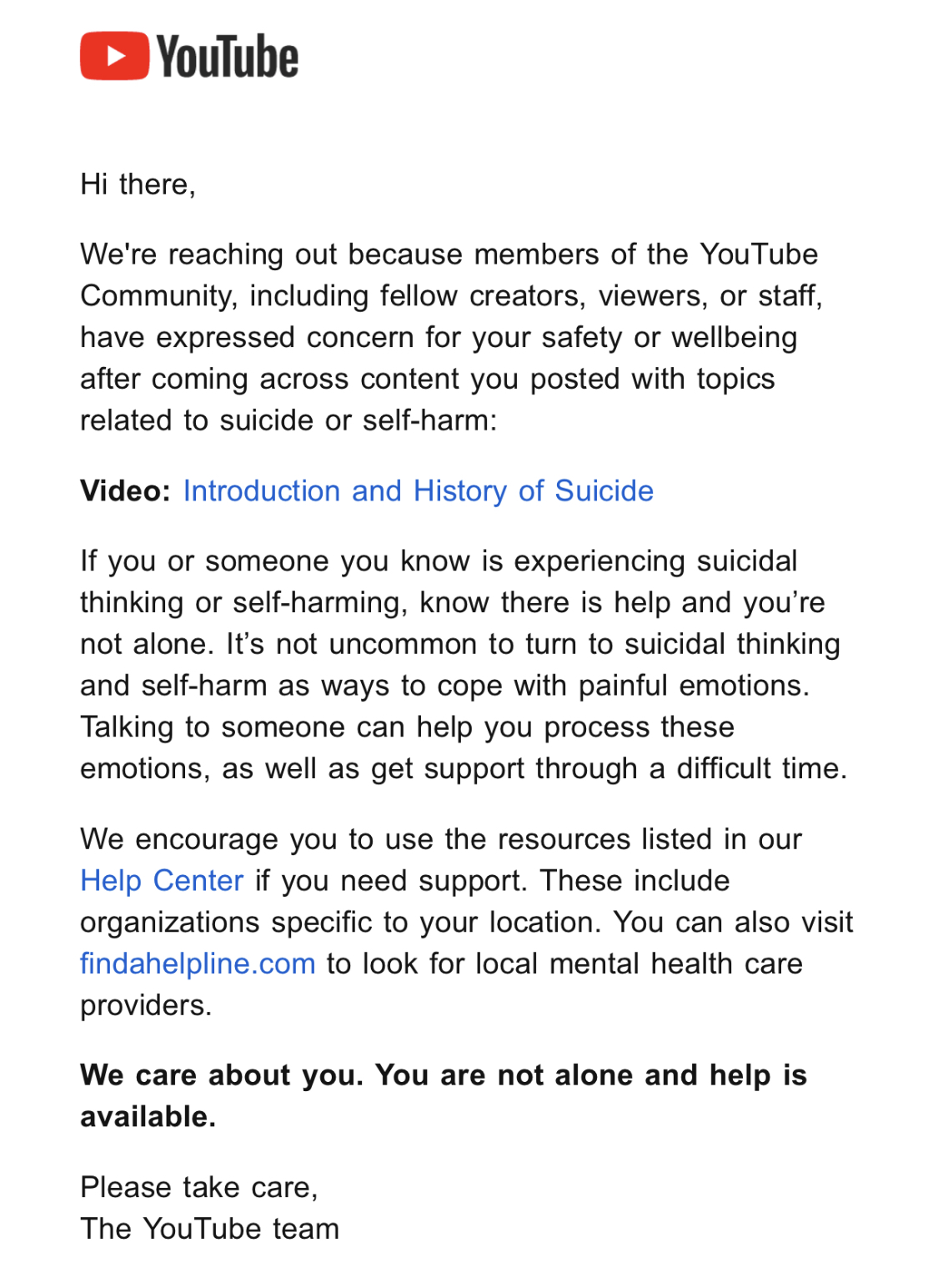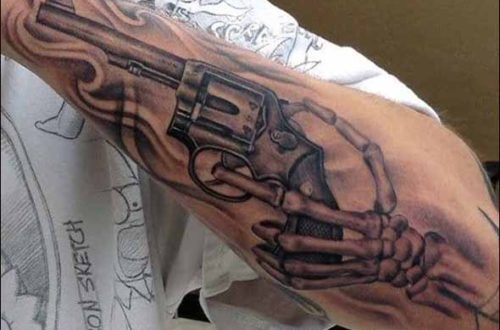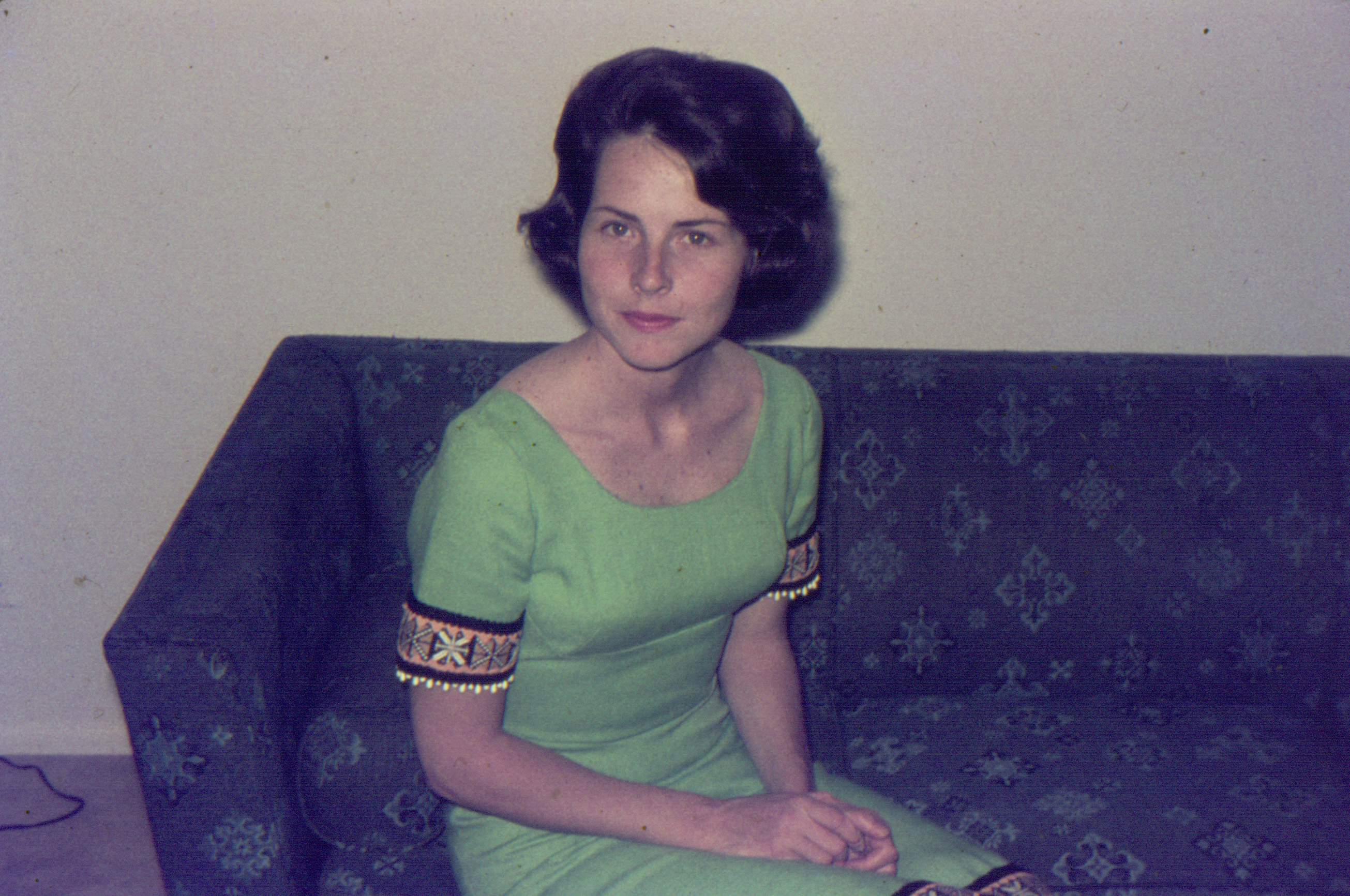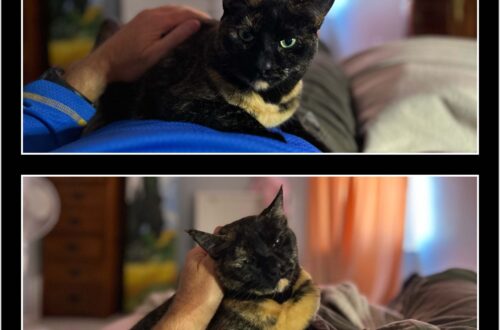I received the following communication from YouTube last Saturday night at 11:36 pm:

I read this statement with unease. Here is the megacompany YouTube – worth approximately 86 billion dollars and with some two billion users, and owned by an even larger Google company – and they are worried about my “mental health” – someone expressed (a person, a bot, whatever) a concern that something I posted leads them to believe I might harm myself.
How strange.
The posting in question was an introductory lecture about the history of suicide that I uploaded to YouTube some 11 years ago, as part of an introduction to a unit on euthanasia I taught as part of a Bioethics class. It sat there for over a decade before someone (or some computer algorithm) at YouTube flagged it and reached out yesterday to see if I was OK.
I don’t want companies I deal with on a business level to make false expressions of solicitude for my personal affairs. It sounds strained and false. It is obsequious. It is inappropriate mixing of the business and the personal. YouTube wrote, “We care about you.” No, YouTube does not care about me. They just want to seem to care about, for some reason. The whole thing was probably bots and auto computer programming. What YouTube wants is this: for me to watch their videos and see their targeted ads. That is how they make their money; this is their business model. And that is fine. I pay them $11.99 per month for a YouTube Premium account and happily do so.
But YouTube wants to seem like they care for me, their customer. They want to cultivate the image of a caring relationship between us? Something more than a commercial connection? Why? I don’t believe it to be true. I am just one of millions of customers YouTube and Google has. I will never actually meet one of their employees face-to-face. It is not a personal relationship. It is business.
There is sometimes nowadays this strange mixing of the private and the public.
The commercial world is not the political world, and the personal is not the political, or at least not usually. But for many the personal is the political which should be reflected in the commercial realm; it is all one. The Internet has helped to blur the boundaries between work and home and personal and private.
Which is why I guess YouTube is reaching out to check on my “mental health.”
As a full grown adult of 55-years, it is insulting.
Like I need a surrogate mommy in the guise of a tech company checking in on me?
I remember a bit ago listening to these teachers in an online forum who talked about the fact that they could not have a firearm in their house. They claimed that their “mental health struggles” would make it too tempting to take the gun out of the closet and use it in suicide. So better not to even have the temptation anywhere at hand. It is as if the gun, which is an ianimate chunk of steel, would be in the closet calling out to them: “Come on, Bub. Take me out and shoot yourself with me. End it all now once and for all.” I have heard public health officials claim that a gun is more a threat to its owner than a tool of self-defense, because of the odds you will commit suicide with it. This idea that I might become a victim of my own desire to kill myself with a gun, and that the gun threatens me in that way, it is antithetical to my conception of myself as a mature adult able to control my behavior.
I’m pretty sure I will never shoot myself with a gun I own.
Nor take my life, by any means.
Even the suspicion is patronizing and condescending.
Who do you think you are, YouTube?
My mommy? My daddy?
An old friend worried about my “mental health” and reaching out?
You are none of these.
YouTube seems to be looking for a technological fix (suicide awarness) for a problem whose remedy can be found in non-technological means. Let me explain. I have a wife and two daughters. I have my friends and family. I am firmly embedded in the matrix of human relations which makes suicide unappealing and unlikely. These are my close personal relationships which help to make life worth living. YouTube and I do not share such an intimate connection. So their presumption in commenting on my mental health is insulting and kind of creepy.
Maybe that is the problem. The numbers seem to suggest that suicide and mental health have gotten worse in the last decade or so, especially among the young (anxiety and depression). Many such Americans have fragile family connections, or weak friendships in real life where their health is at risk. But they do spend huge amounts of their time on YouTube or other social media networks, or playing video games. Maybe technological fixes like “suicide warnings” and “mental health awareness” messages online might help a person who is online more often than not. Cutting edge tech and overdeveloped technology skills, and underdeveloped people skills and a lack of wisdom: America today, especially the younger ones.
Maybe Americans should put the smartphone down and look up and around at the real world around them. Maybe they should live less online and invest more in real life. Maybe technology is the problem, not the remedy. Maybe better real life relationships are the answer.
Which would enable them to see how weird and inappropriate it is to get a message from a big tech corporation like YouTube inquiring as to their mental health.
It is sad to think that compared to the past we have so much more knowledge about mental health and so many more resources available – from suicide hotlines, to so many more therapists, with powerful widely available psychotropic medications – and the suicide rate has not gone down one bit in America since we started tracking it in 1965.
Maybe the problem lies with the nature of larger American society, not with the health care system or with big technology companies. Maybe America is a more fragile country today compared to its past. People have embraced victimhood and raised complaint to an artform. The strained families in America, almost a quarter of which are led by single parents, have fewer resources to draw on; many young people hardly have families worthy of the name. The threads out of which American civil society is weaved has grown ragged with large holes in it. Individuals find themselves with less support. “Diseases of despair” and social isolation are common, especially in certain areas. A panel of medical experts this week recommended for the first time that doctors screen all adult patients under 65 in America for anxiety. Yikes.
So who knows? Maybe social media users in America do need the help of big tech companies to keep from killing themselves. Maybe nobody else but algorithms on YouTube cares.
But strangers or bots online will not help. Experience seems to show this, and my gut affirms it. Friends and family in real life might help. My gut says this is true, and I hope those who need such help find it.
But this morning YouTube writes to me: “We care about you. You are not alone and help is available.”
Creepy. Weird.
Presumptuous. Inappropriate.
Unprofessional.
Is YouTube making a false step in this fake intimacy they suggest exists between us?
Or is this just more of the oily self-interested mendaciousness of capitalist marketing in general?
Bug off, YouTube!
Stay in your lane.
I’ll stay in my lane.
I can talk about the phenomenon of suicide on your video channel without wanting to off myself. Do not presume to think otherwise.






